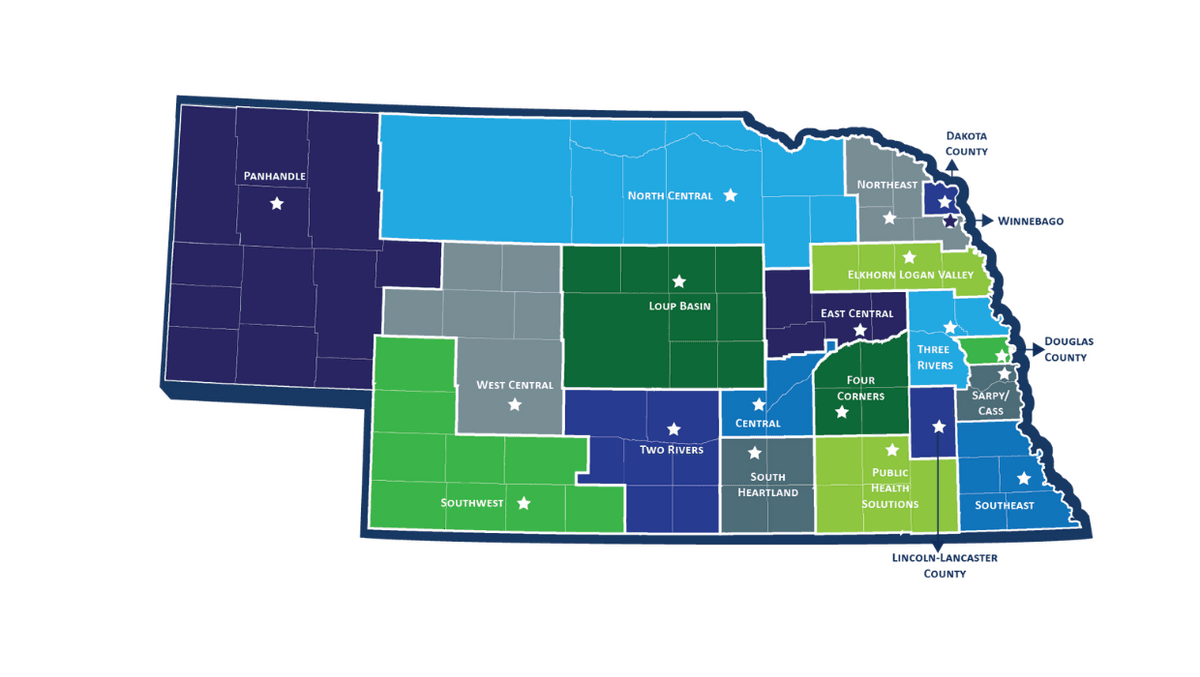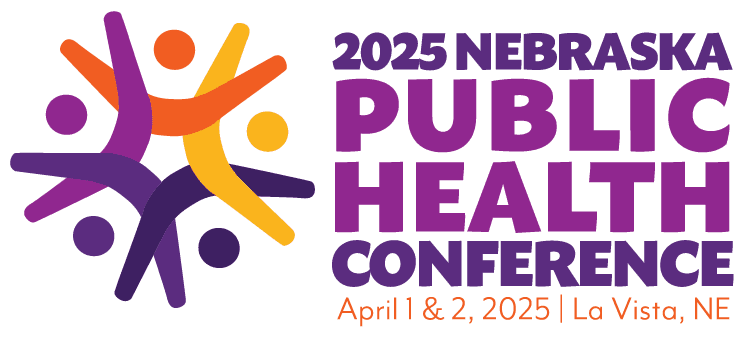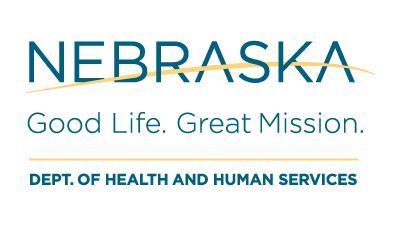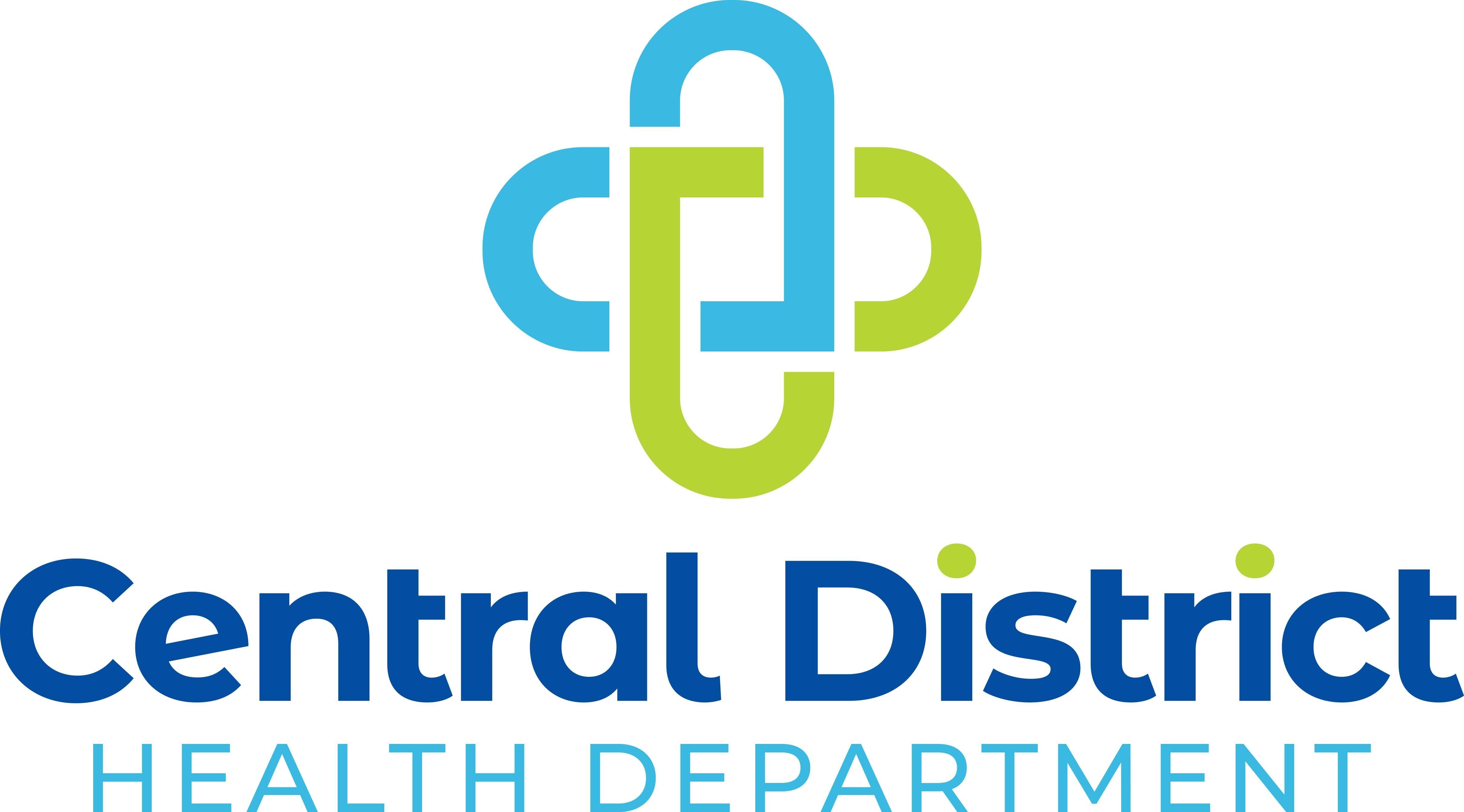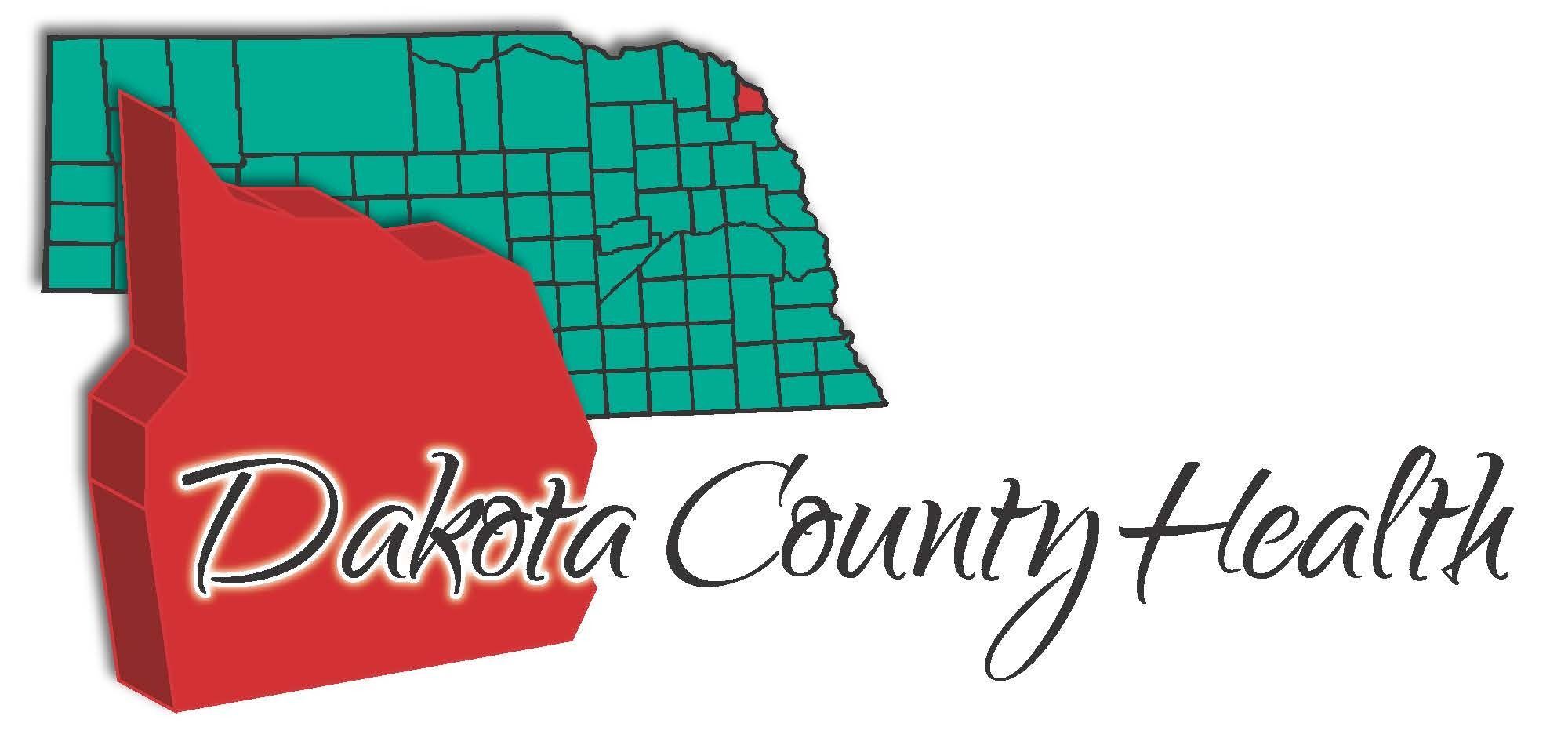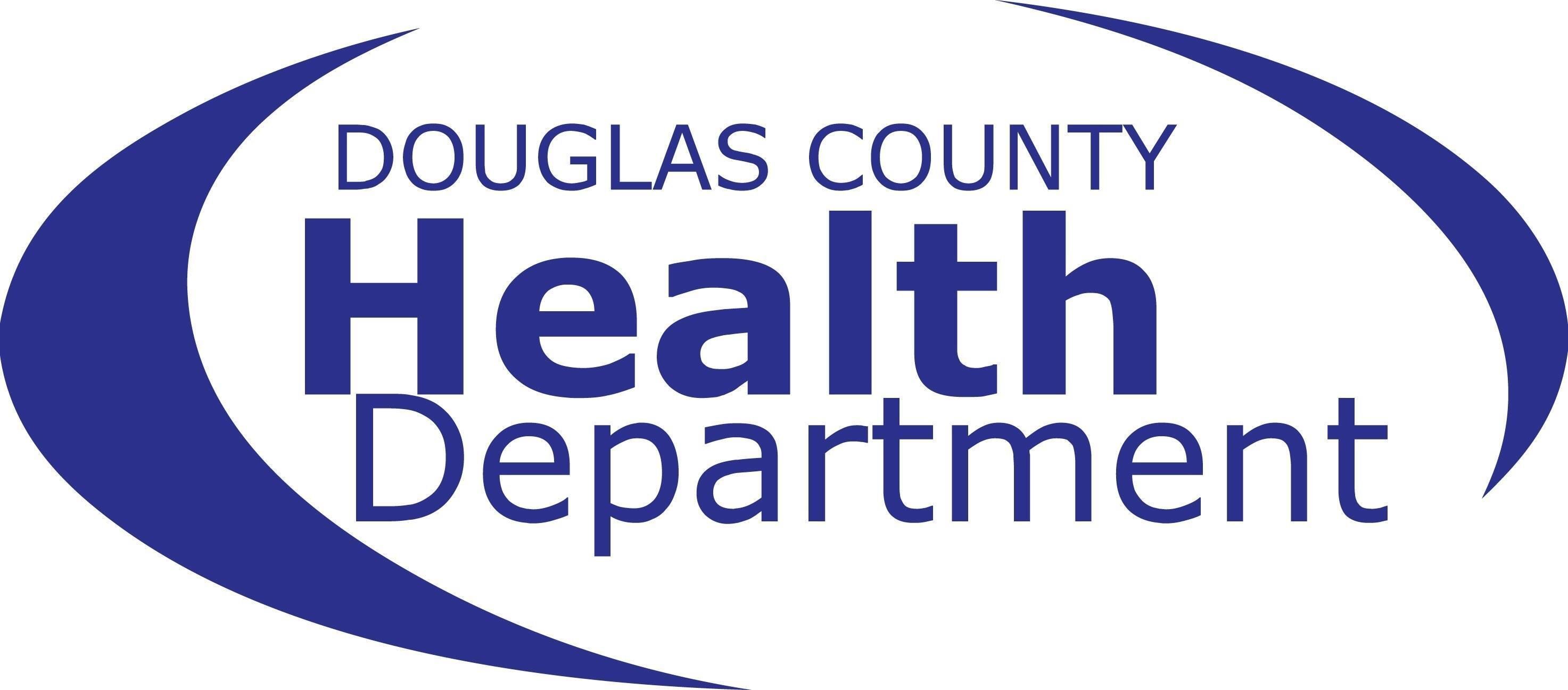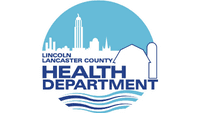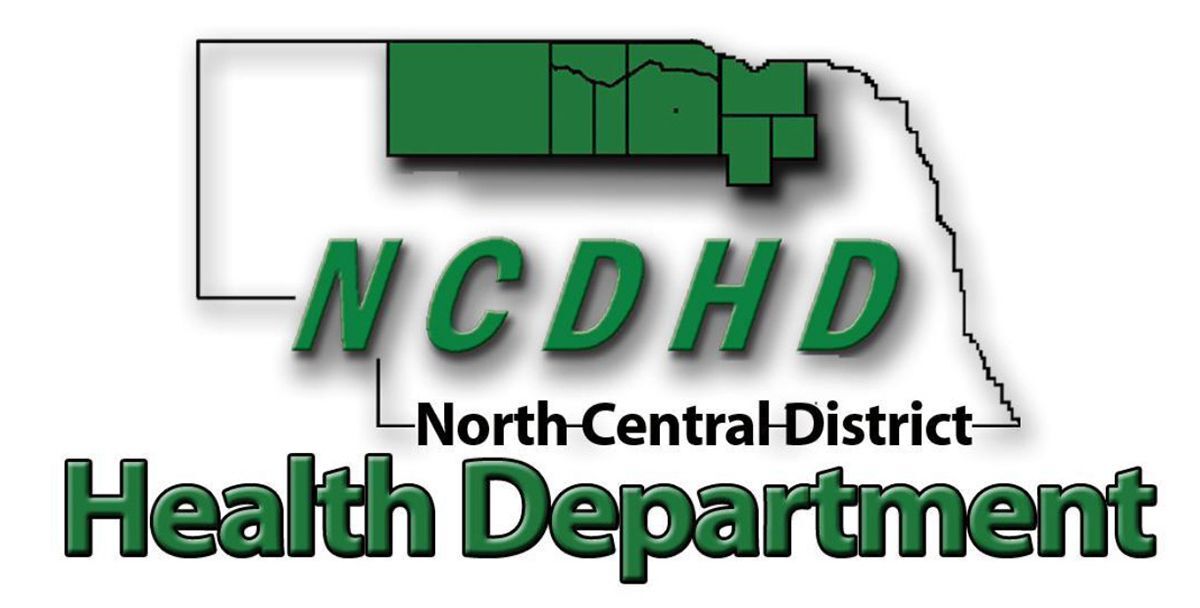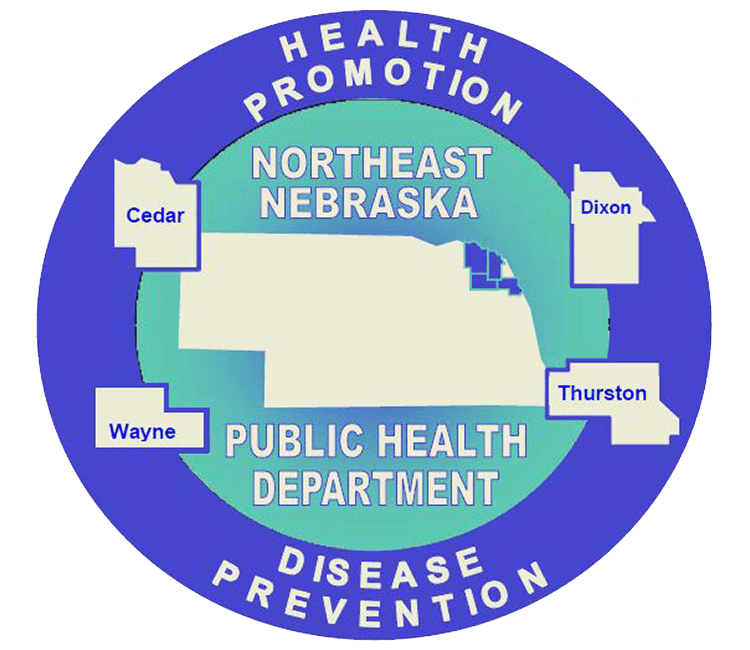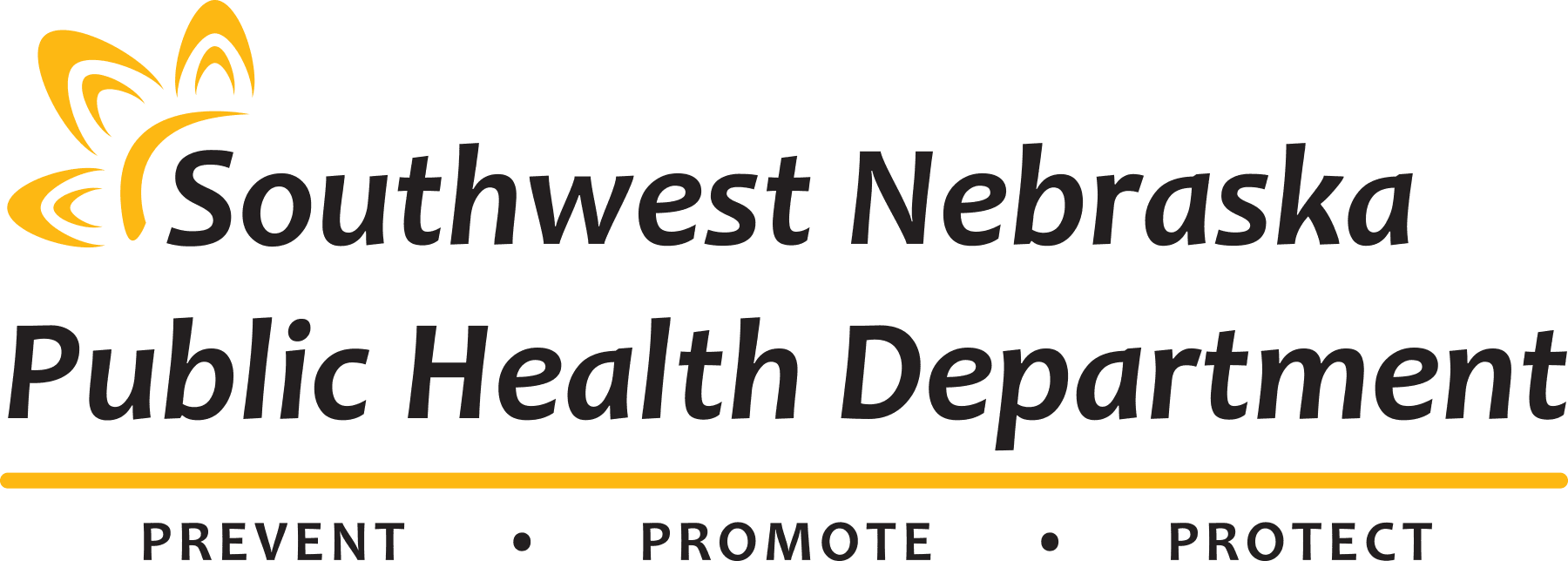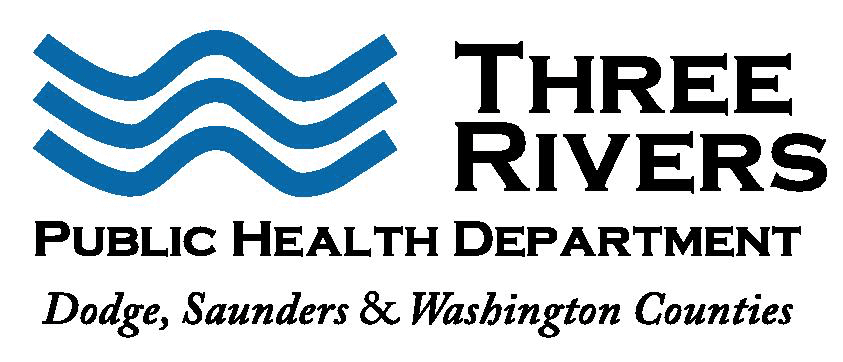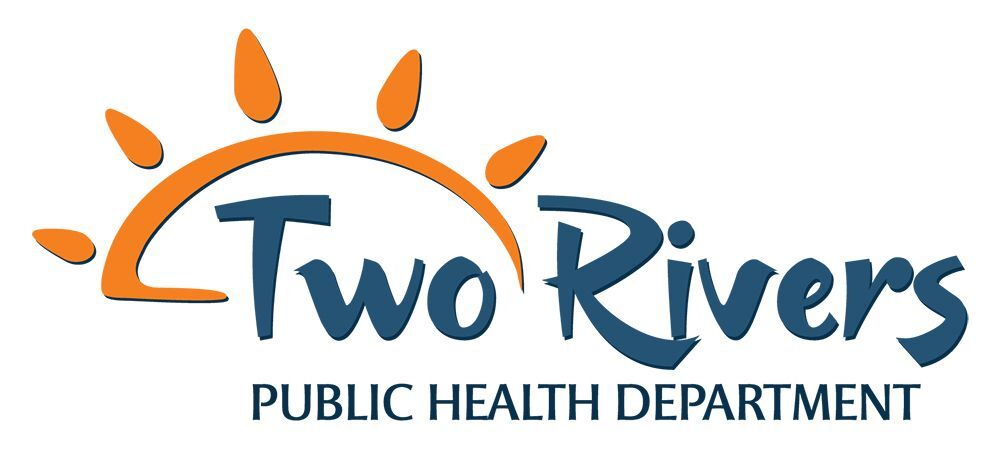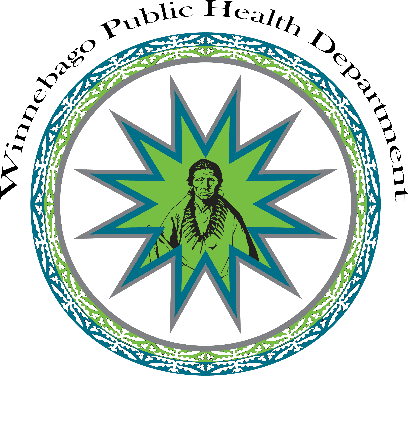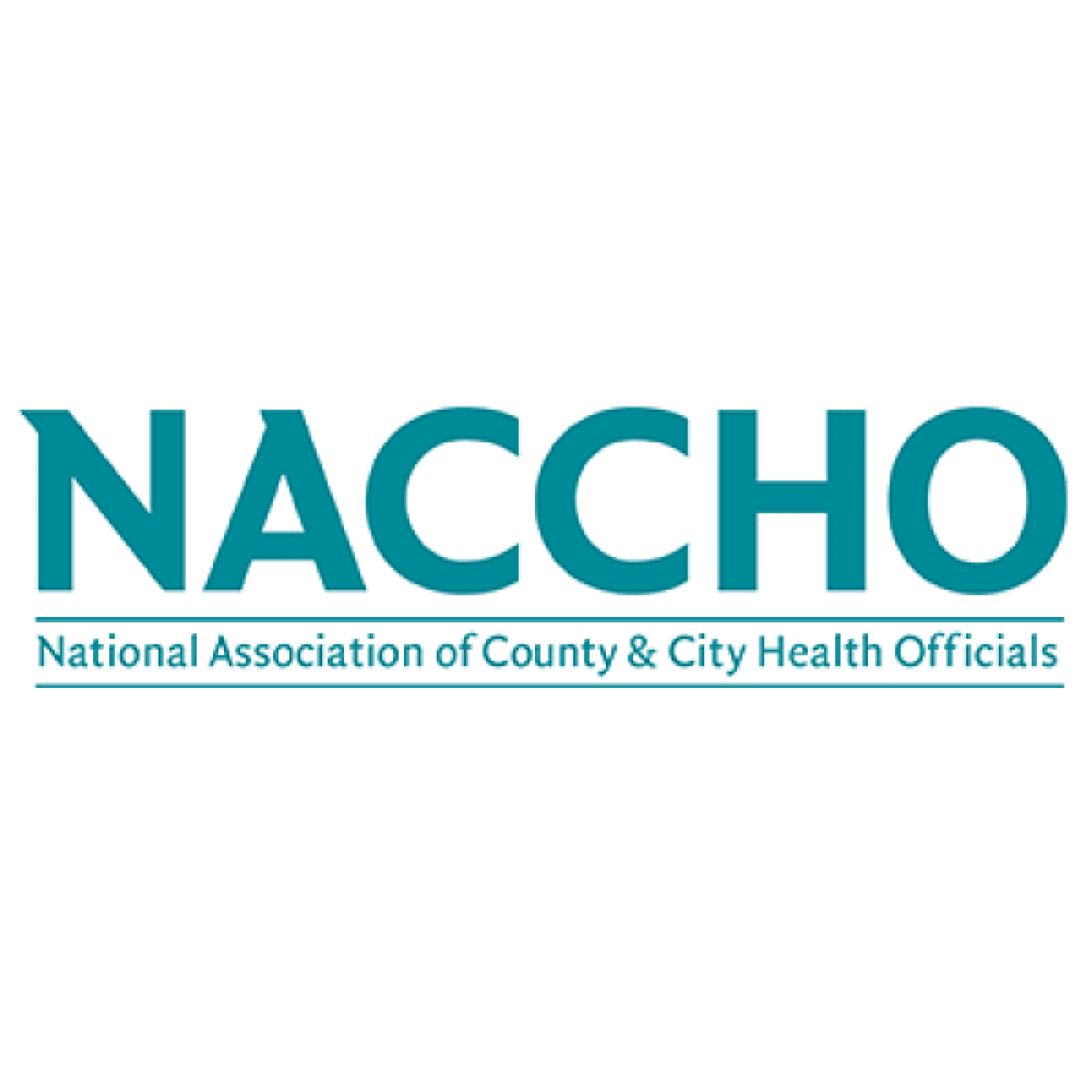Sudden Losses Jeopardize Vaccines, Disease Response, and Community Health Programs.
Nebraska’s Local Health Departments (LHDs) are facing immediate impacts from sweeping federal public health funding cuts announced on March 24 and on April 1. These abrupt changes threaten essential services that families, schools, and communities across Nebraska rely on daily, from vaccine access to disease response to chronic disease prevention.
Nebraska’s LHDs operate on tight, efficient budgets, with direct and pass-through federal funding making up about half of their revenue. LHDs serve the entire state from 20+ strategically located offices in small and large communities. The funding cuts to LHDs announced and implemented on March 24 will impact local immunization access, infectious disease response and monitoring, environmental health, injury prevention, and more. The absence of these resources is already complicating LHDs’ readiness to address measles cases when they are detected in Nebraska.
Program terminations and reductions at CDC announced on April 1, make LHD’s situation more difficult by cutting them off from expertise and support in key areas like:
- Environmental health (like heat risk to children with asthma)
- Injury prevention
- Communications
- Worker safety
- HIV prevention
- Reproductive health
- Disability health
- Tuberculosis (TB) prevention
What Happens When Support Disappears
These federal dollars don’t stay in Washington — they directly support Nebraskans. Local Health Departments rely on this funding to hire and retain public health workers, deliver frontline care, and respond swiftly to public health threats. When these systems break down, illness spreads faster, healthcare costs increase, and communities are left vulnerable.
Federal technical expertise doesn’t stay in Washington either—CDC experts help Nebraska’s state and local public health system meet the needs of the communities. Federal experts and technical resources have helped Nebraska LHDs stretch their own, making it possible to deliver exceptional value, despite chronic under-funding.
Federal funding cuts paired with the loss of expert support leave LHDs with less to work with while community demands grow.
“If you live in Nebraska, these cuts will touch you, your family, and people you interact with regularly,” said Susan Bockrath, Executive Director of the Nebraska Association of Local Health Directors. “These cuts are dismantling local service infrastructure that took years to build, and that Nebraskans expect. Families will feel it. Businesses will feel it. Schools will feel it.”

